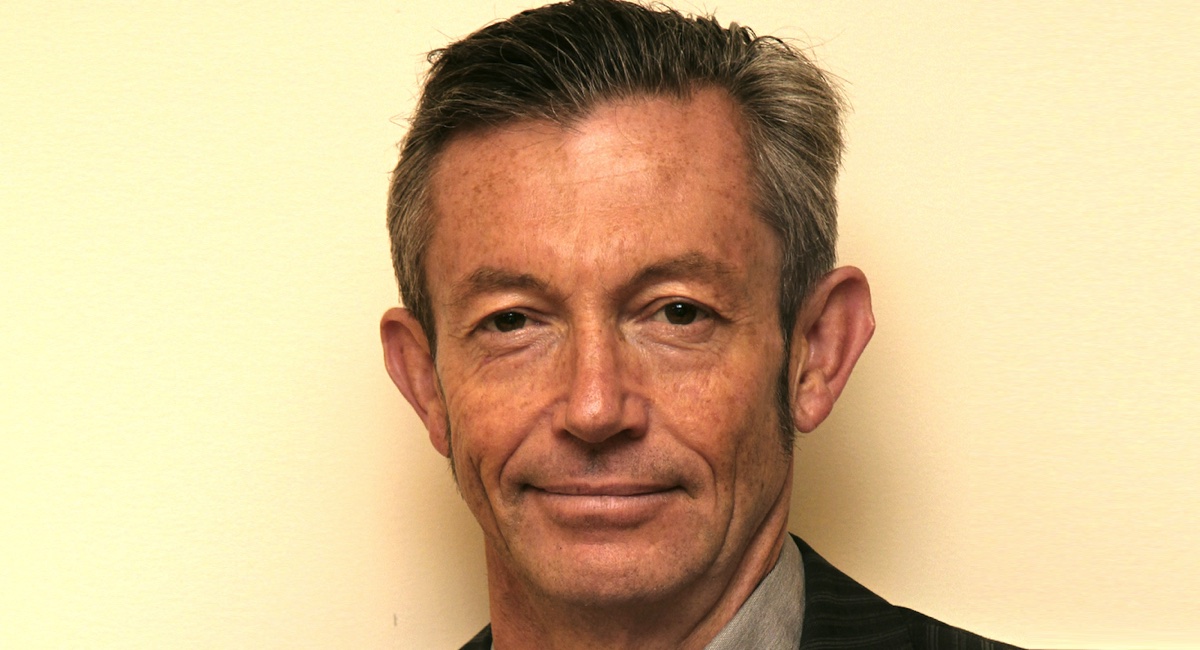Former SBS newsman Mark Boyd has been getting his head around New Zealand election coverage. Boyd, who retired as executive producer of World News at SBS in 2013 after a decade, has returned to New Zealand academic life at the University of Auckland after a long absence. He is in the last few months of a doctorate in political science and is writing a dissertation on media coverage of seven New Zealand general elections from 1993 to 2014. The next election will be on September 23.
In a country that frequently notes the absence of a non-commercial TV player, Boyd compares approaches to election coverage by New Zealand broadcasters with those in Australia, Britain, Ireland and Canada. The upshot, he says, is the same trends that affected news coverage in Australia have had the same impact here with a focus on presidential style politics, less time looking at issues and smaller news bite.
Overall Boyd believes that local media do a good job of spreading coverage around. Kiwi minor parties get slightly more and the major parties get slightly less. Boyd says that cross-Tasman comparisons put TVNZ on a similar plane to commercial networks such as Nine and Seven.
As for the difference between New Zealand TV news broadcasters TV3 and TVNZ, there was nothing structural, and it came down to the personalities involved. The TV3 political editor Patrick Gower was more “pit bullish” than Corin Dann at TVNZ.
It was apparent in screen presentation that TV3 had fewer resources.
New Zealand text media was notably non-partisan compared to Australia, in part because it was operating in smaller markets.
The only real sign of partisan NZ political coverage was in radio with NewstalkZB with morning shows hosted by Mike Hosking and Leighton Smith. The rival MediaWorks talk station Radio Live was not palpably left leaning, but it had had hosts who were linked to left politics. In television the main difference with Australia was the absence of daily current affairs show such as 7.30 on the ABC, where senior politicians might appear for interviews. TVNZ has a commercial format, as do public broadcasters in Ireland and Canada. However, they were trying to maintain the ability to provide that type of political content.
